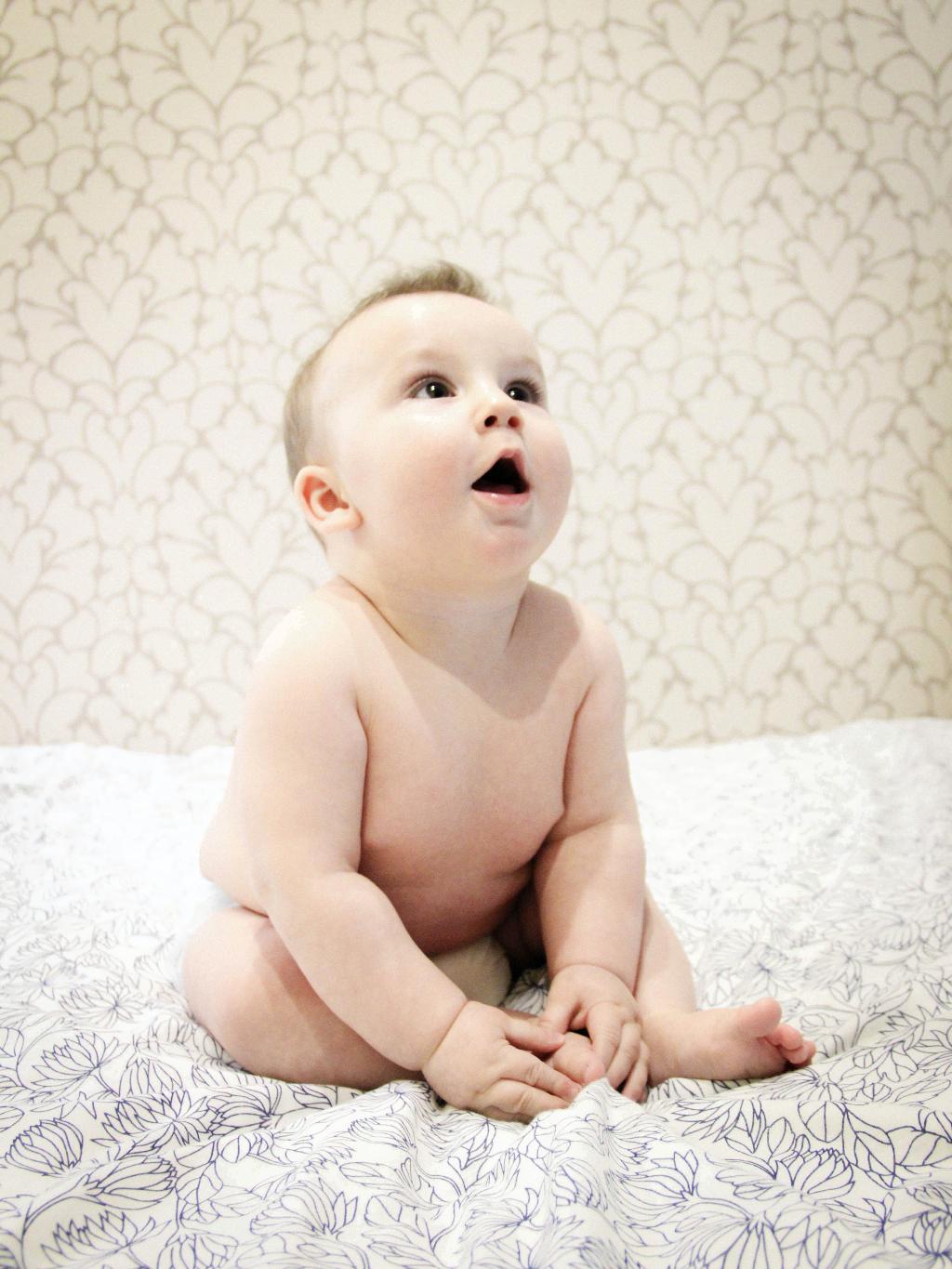When it comes to choosing the best diaper for your baby, there are often many factors to consider. One common concern among parents is whether bamboo diapers contain chemicals. Let’s delve into this topic and shed some light on the truth behind bamboo diapers and the presence of chemicals.
The Benefits of Bamboo Diapers
Bamboo diapers have gained popularity in recent years due to their eco-friendly nature and superior absorbency. Bamboo fibers are known for their softness and breathability, making them gentle on your baby’s delicate skin. Additionally, bamboo is a sustainable material, making it a preferred choice for environmentally conscious parents.
Chemical-Free Assurance
One crucial factor that sets bamboo diapers apart is their commitment to being free of harmful chemicals. TCF (Totally Chlorine Free) bamboo diapers ensure that no toxic substances or fragrances are used in the manufacturing process. This means that your baby’s skin is safe from exposure to phthalates, allergens, and other potentially harmful chemicals.
Safety for Sensitive Skin
For babies with sensitive skin, the choice of diaper is of utmost importance. Bamboo diapers provide a gentle and non-irritating option for babies prone to skin rashes or allergies. The absence of chemicals in bamboo diapers helps to minimize the risk of skin reactions, providing a safe and comfortable experience for your little one.
Understanding the Manufacturing Process
It is essential to understand how bamboo diapers are manufactured to appreciate the absence of chemicals in these products. By using sustainable and natural bamboo fibers, manufacturers can create diapers that are free of harmful additives commonly found in traditional diaper brands.
Eco-Friendly Credentials
Bamboo diapers not only prioritize the health and safety of your baby but also contribute to environmental sustainability. Bamboo is a rapidly renewable resource that requires minimal water and pesticides to grow, making it a more eco-friendly choice compared to conventional diaper materials.
The Importance of Transparency
When selecting diapers for your baby, it is crucial to look for brands that prioritize transparency in their manufacturing processes. By choosing bamboo diapers that are TCF and free of chemicals, you can have peace of mind knowing that your baby is using a product that meets high safety standards.
Consumer Trust and Confidence
Brands that offer chemical-free bamboo diapers build trust and confidence among consumers who prioritize the well-being of their children. By focusing on safety and quality, these brands establish themselves as reliable options for parents seeking a healthier diapering choice.
Making an Informed Decision
When it comes to choosing the right diaper for your baby, knowledge is key. By understanding the benefits of bamboo diapers and their chemical-free nature, you can make an informed decision that aligns with your values and priorities as a parent.
The Future of Diapering
As the demand for environmentally friendly and safe baby products continues to rise, bamboo diapers are poised to play a significant role in shaping the future of diapering. With their natural, chemical-free composition, bamboo diapers offer a promising alternative for parents looking to make sustainable choices for their little ones.
Embracing a Healthier Diapering Option
In conclusion, bamboo diapers are a safe and eco-friendly choice for parents seeking a diapering option that is free of chemicals and gentle on their baby’s skin. By opting for bamboo diapers, you can embrace a healthier and more sustainable approach to diapering, ensuring the well-being of your precious little one.

